Many cases of tiredness are due to stress, not enough sleep, poor diet and other lifestyle factors. Try these self-help tips to restore your energy levels.
If you feel you're suffering from fatigue, which is an overwhelming tiredness that isn't relieved by rest and sleep, you may have an underlying medical condition. Consult a GP for advice.
A good way to keep up your energy through the day is to eat regular meals and healthy snacks every 3 to 4 hours, rather than a large meal less often.
Read more about healthy eating.
You might feel that exercise is the last thing on your mind. But, in fact, regular exercise will make you feel less tired in the long run, so you'll have more energy.
Even a single 15-minute walk can give you an energy boost, and the benefits increase with more frequent physical activity.
Start with a small amount of exercise. Build it up gradually over weeks and months until you reach the recommended goal of 2 hours 30 minutes of moderate-intensity aerobic exercise, such as cycling or fast walking, every week.
Read more about starting exercise.
Find out the physical activity guidelines for adults.
If your body is carrying excess weight, it can be exhausting. It also puts extra strain on your heart, which can make you tired. Lose weight and you'll feel much more energetic.
Apart from eating healthily, the best way to lose weight and keep it off is to be more active and do more exercise.
Read more about how to lose weight.
Many people don't get the sleep they need to stay alert through the day.
The website of the Royal College of Psychiatrists has information on sleeping well.
Tips for sleeping well include:
Stress uses up a lot of energy. Try to introduce relaxing activities into your day. This could be:
Whatever relaxes you will improve your energy.
Read more about how to relieve stress.
There's some evidence that talking therapies such as counselling or cognitive behavioural therapy (CBT) might help to fight fatigue, or tiredness caused by stress, anxiety or low mood.
See a GP for a referral for talking treatment on the NHS, or for advice on seeing a private therapist.
The Royal College of Psychiatrists recommends that anyone feeling tired should cut out caffeine. It says the best way to do this is to gradually stop having all caffeine drinks over a 3-week period.
Caffeine is found in:
Try to stay off caffeine completely for a month to see if you feel less tired without it.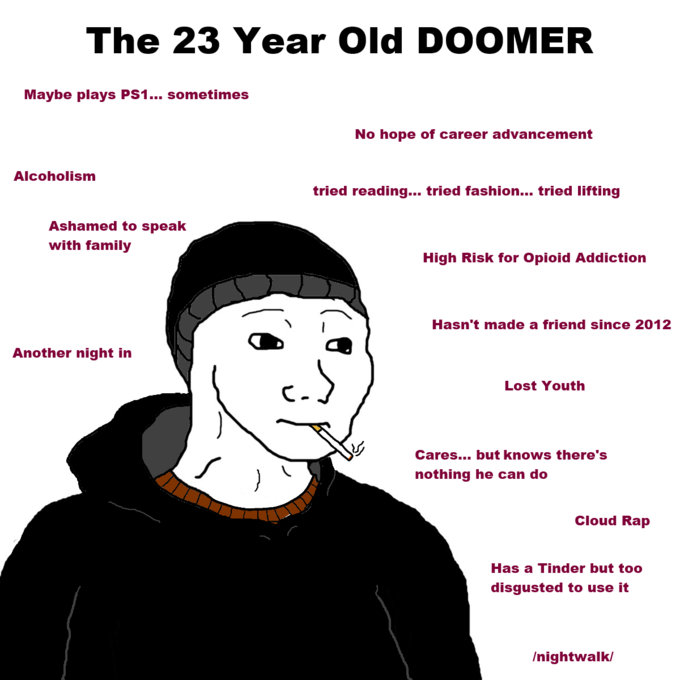
You may find that not consuming caffeine gives you headaches. If this happens, cut down more slowly on the amount of caffeine that you drink.
Although a couple of glasses of wine in the evening can help you fall asleep, you sleep less deeply after drinking alcohol. The next day you'll be tired, even if you sleep a full 8 hours.
Cut down on alcohol before bedtime. You'll get a better night's rest and have more energy.
The NHS recommends that men and women should not regularly drink more than 14 units a week, which is equivalent to 6 pints of average-strength beer or 10 small glasses of low-strength wine.
Try to have several alcohol-free days each week.
Read more about how to cut down on alcohol.
Sometimes you feel tired simply because you're mildly dehydrated. A glass of water will do the trick, especially after exercise.
A glass of water will do the trick, especially after exercise.
Read about healthy drinks.
Image
Fatigue is a feeling that you're chronically tired - mentally and physically.
It can be caused by a number of factors, including unhealthy lifestyle choices, workplace problems and stress.
There are many different ways you can boost your energy, but see your health practitioner first to make sure you don't have an underlying medical problem.
Food, which gives us energy, is broken down by the digestive system. Some elements, such as water, are absorbed through the stomach. The rest are absorbed through the small intestine.
The body's preferred energy source is glucose, from carbohydrates , but it can also use fatty acids (from fats) and amino acids (from proteins). Glucose is delivered to virtually every cell in the body by the bloodstream, and is then burned with oxygen to produce energy.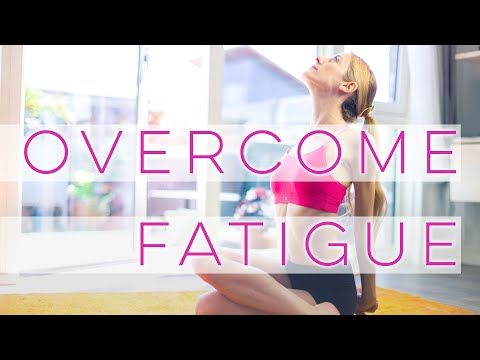 Hormones control every step in this process; for example, the pancreas makes the hormone insulin, which helps to control blood sugar levels.
Hormones control every step in this process; for example, the pancreas makes the hormone insulin, which helps to control blood sugar levels.
If you want more energy, look at your diet and make sure you're following these basic guidelines:
 Low calorie diets or diets that severely restrict carbohydrates don't contain enough energy for your body's needs. The typical crash diet also deprives the body of nutrients such as vitamins, minerals and trace elements.
Low calorie diets or diets that severely restrict carbohydrates don't contain enough energy for your body's needs. The typical crash diet also deprives the body of nutrients such as vitamins, minerals and trace elements.A common cause of fatigue is not enough sleep, or poor quality sleep. Suggestions include:
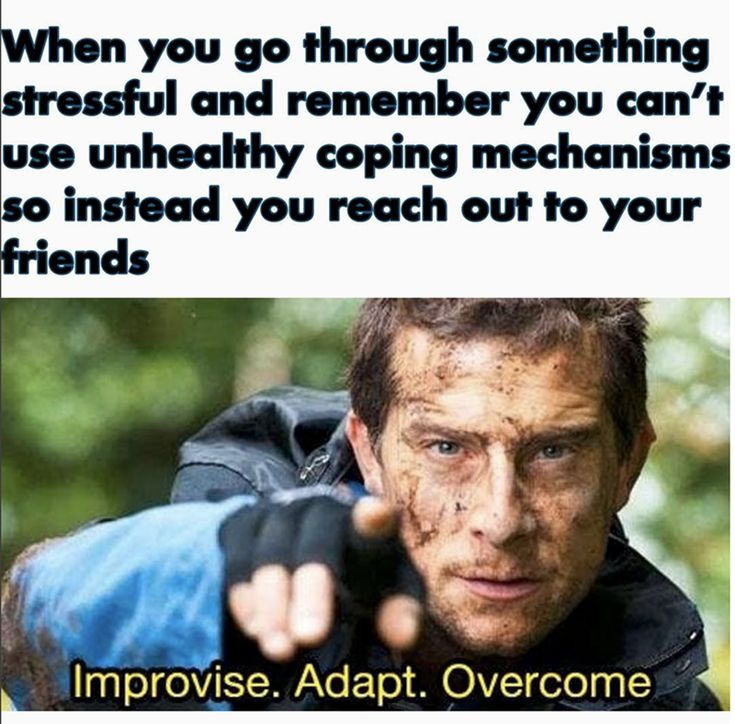 Adults need about 8 hours per night.
Adults need about 8 hours per night.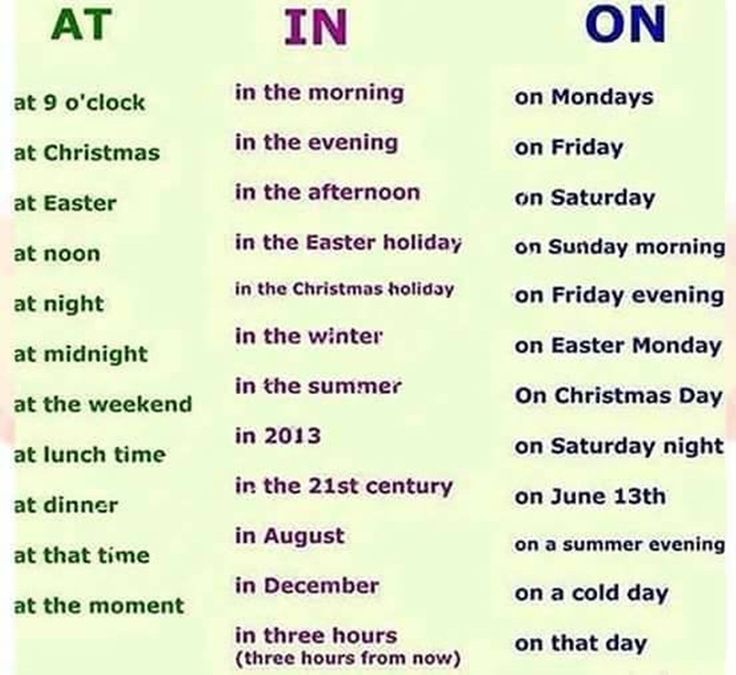
 Take steps to address your work problems. A good place to start is to talk with your human resources officer.
Take steps to address your work problems. A good place to start is to talk with your human resources officer.Studies suggest that between 50 and 80% of fatigue cases are mainly due to psychological factors. Suggestions include:
 Are you so preoccupied with commitments and pressures that you don't give yourself enough time for fun? Laughter is one of the best energy boosters around.
Are you so preoccupied with commitments and pressures that you don't give yourself enough time for fun? Laughter is one of the best energy boosters around.Most people feel drowsy after lunch. This mid-afternoon drop in energy levels is linked to the brain's circadian rhythm and is 'hard wired' into the human body. Preventing this drop in energy may be impossible, but there are ways to reduce the slump, including:

**This information was adapted from the 'Go for your life' campaign with permission by the Victorian Government, Melbourne, Australia
Links
Last Updated: November 4, 2013
September 22, 2015 Productivity
It's hard to stay energized and focused for eight hours at work - there is often a decline in productivity in the afternoon. We'll show you where to get your much-needed energy for work, how to make the most of your moments of maximum focus, and how to get through your day's productivity dips.
Iya Zorina
Author of Lifehacker, athlete, CCM
"It's just unrealistic to expect to be at work all day long," says Carson Tate, author of a book on productivity. “Just as you wouldn’t expect to be able to walk at a fast pace for eight hours straight, don’t expect yourself to be completely focused and strategically thinking for such a long time.”
“Just as you wouldn’t expect to be able to walk at a fast pace for eight hours straight, don’t expect yourself to be completely focused and strategically thinking for such a long time.”
Even worse, some of us still don't get enough sleep: we come to work with less than six hours of sleep a night. This is clearly not enough for high productivity during the day, and the consequences of lack of sleep can greatly harm the work.
Here are some tips to help you feel more energetic during your work day.
“There are several optimal times for creative tasks and work that requires concentration,” says Christopher Barnes, assistant professor of management at the University of Washington Business School. “Most people think better in the middle of the morning and late in the evening.”
You must adjust your circadian rhythms and work schedule, make a list of tasks depending on the ups and downs of activity during the day.
Tate advises doing "any job that requires attention to detail," such as writing, making big decisions, or programming, during high energy hours. And during a decline in energy, you can take on tasks that do not require special concentration: checking mail, filling out expense reports, making phone calls. In other words, perform tasks that can be done automatically.
And during a decline in energy, you can take on tasks that do not require special concentration: checking mail, filling out expense reports, making phone calls. In other words, perform tasks that can be done automatically.
Any physical activity temporarily increases alertness and energy levels.
Move for just 10 minutes and your energy and ability to concentrate will increase significantly.
Carson Tate
You can walk around the office building, go up and down the stairs a few times, jump or push up a few times, stretch right at your desk. The main thing here is the movement, which helps to fill the body with oxygen and relieve fatigue, both physical and mental.
If you have a meeting scheduled, you can do it on the go, taking your employees or partners for a walk. And think about how you can build physical activity into your weekly schedule. "If you move regularly," says Burns, "your normal energy level goes up. "
"
Steve Jobs did this for many years. Ray Dalio, head of the world's largest hedge fund, Bridgewater Associates, said it makes him feel like a ninja in combat. What is their secret weapon? Meditation.
Concentration exercises are a great way to recharge your energy throughout the day. Research shows that even a few minutes of meditation a day can reduce stress levels and increase a tired brain's ability to concentrate. This is a period of rest during which people stop worrying, which in turn saves a lot of energy.
It is also important to watch your breathing during meditation. Five to seven deep belly breaths will provide enough oxygen to keep you alert and energized.
Drinking coffee often seems to help with afternoon sleepiness. "Coffee doesn't really give you energy," Burns says. “Caffeine just masks lethargy and low concentration by blocking the chemical reactions in the body that make you feel tired.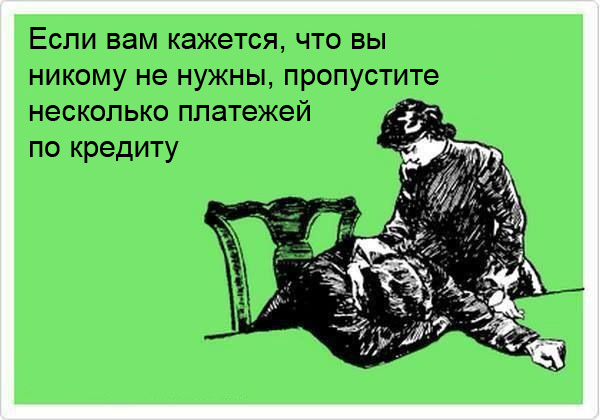 ”
”
Although it works for a while, caffeine, like other drugs, soon wears off. You get less and less effect, and you need more and more coffee just to work normally.
So don't get hooked on coffee, use it rarely, only when you really need extra energy, for example at an important meeting once a month, if you hardly slept the night before. Coffee at three in the afternoon should not become a habit.
Music is a great way to both cheer up and calm down. Just as you use music to keep you energized during your workout, you can energize yourself with your favorite track at work.
Which music is best suited for this depends on your tastes. Someone prefers fast rhythms to maintain energy, someone prefers calm compositions that help clear the mind and concentrate.
If lyrics distract you, try listening to instrumentals in different styles. Sooner or later you will find your ideal "working" tracks.
If you sit at your computer, tablet or smartphone at night, you will have less energy the next day. Blue light from the screens of gadgets and computers reduces the production of melatonin, a substance that provides the body with healthy sleep.
Blue light from the screens of gadgets and computers reduces the production of melatonin, a substance that provides the body with healthy sleep.
“It's very important to avoid using your smartphone or tablet two hours before bed,” says Burns. “The worst thing you can do is use your smartphone while lying in bed.”
If you need to do something important at night - check your mail or read something, use apps like Twilight for smartphones, and f.lux for computers, so that at night the display begins to emit red light instead of blue. Or buy orange Uvex glasses or similar models from other brands that block blue light from the screens.
This is a simple rule that can't be helped. To feel energetic and cheerful during the day, you need to sleep well at night.
“If you want to be good at something, go to bed,” says Tate.
“Sleep is the number one predictor of success,” agrees Burns. “People think that five or six hours of sleep is enough for them and everything will be fine.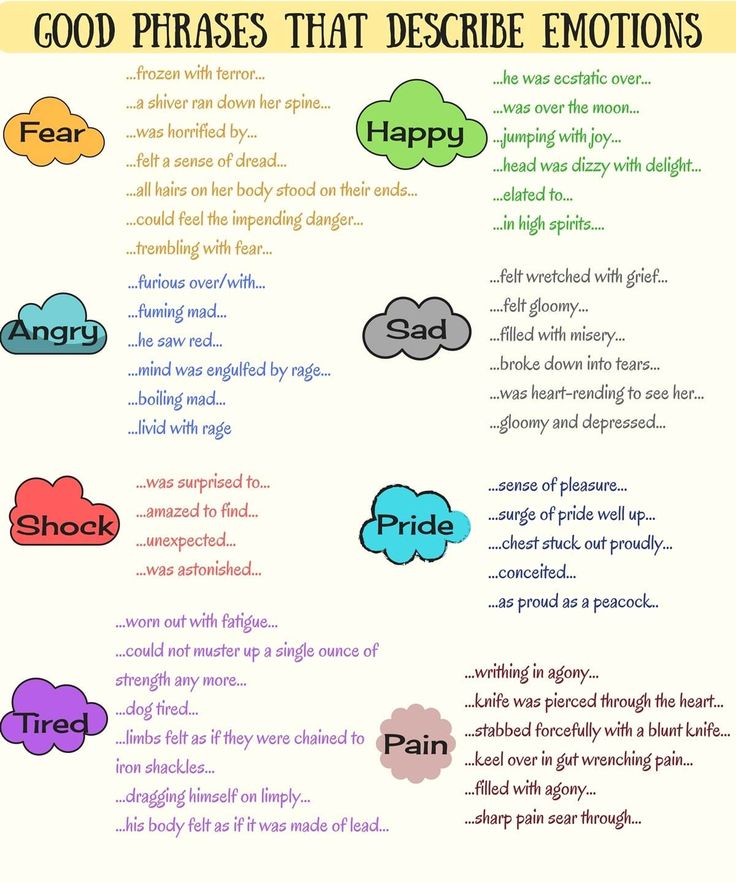 But even a small lack of sleep will have a noticeable negative effect.”
But even a small lack of sleep will have a noticeable negative effect.”
A study conducted in 2009 found that people who sleep five hours a night for four days, significantly inhibited cognitive function. When performing the simplest tasks, they showed the level of efficiency characteristic of drunk people with an alcohol level of 0.6 ppm (for men of average weight, this is two bottles of beer).
If you regularly get eight hours of sleep a night, energy drops will be less severe and easier to control.
Let's summarize the main principles.
What to do:
Do's and Don'ts:
 Leave these tasks for periods of vivacity and a burst of energy.
Leave these tasks for periods of vivacity and a burst of energy. And now for some real examples of how the above methods helped to cope with fatigue during the day and get more done.
Dan Scalco often struggled with afternoon fatigue. As the CEO of Digitalux, a digital marketing company based in Hoboken, NJ, Dan worked 12-hour shifts, managing customer situations and managing his team.
He tried taking supplements and multivitamins, going to the gym, even trying occasional short naps in the office to regain his energy. But nothing helped him cope with the afternoon fatigue.
Then he became interested in what strategies helped successful businessmen, and found that many of them use meditation practices.
At first he was skeptical, because he always saw meditation as a frivolous activity that only hippies are interested in. But the more he read about its benefits, the more he wanted to try it.
But the more he read about its benefits, the more he wanted to try it.
The effect of meditation followed immediately. Dan felt more energized, his stress levels decreased, and his focus increased while interacting with clients and the team.
Now he tries to meditate for at least 15-20 minutes, usually between 2:30 pm and 3:00 pm. He sits on an office chair, puts his hands on his knees, closes his eyes and repeats a mantra to himself.
“It's like taking a 20-minute vacation every day,” he says. “Afterward, I feel like my brain has been recharged. I can honestly say that meditating at least once a day has changed my life. She gave me inexhaustible reserves of energy and greatly increased my productivity.
Ryan Hulland was terribly tired. Vice president and co-owner of Monitoring Management (MonMan), an electrical and HVAC supplier, he spent long weeks at work trying to expand the business.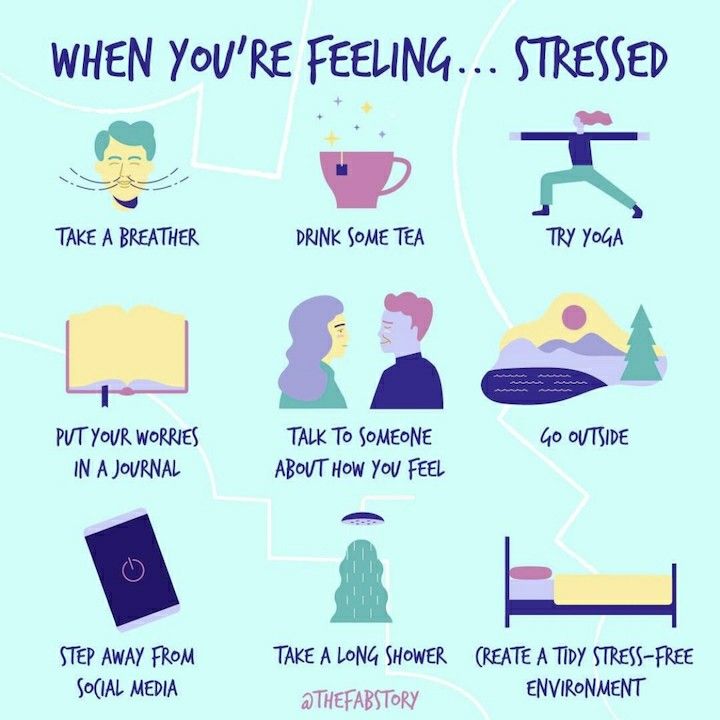 And in the evenings, he helped put his three-year-old child to bed, after which he again returned to the computer to finish the work.
And in the evenings, he helped put his three-year-old child to bed, after which he again returned to the computer to finish the work.
He started drinking more coffee and energy drinks, but found that they did not provide a consistent effect over time.
Ryan tried to go for a walk regularly, usually after lunch. He realized that physical activity helps him to be more alert and encourages creative ideas. But when he returned from a walk refreshed and full of energy, he often had to solve routine tasks from his to-do list, which instantly negated the positive effect of the walk.
Then he began to write his to-do list on an office whiteboard and divide it into three columns. The first column, "Fun," included activities that required creativity, such as writing articles for the company's blog. The second column, "Stuff," included more routine tasks that didn't require concentration or much mental activity, such as filling out paperwork. And the third column - "Urgent" - included things that needed to be done, no matter how he felt.
I tried to relate the things on my list to how I feel at a particular time. When I have a lot of energy, I like to do interesting creative tasks, and when fatigue sets in, I do boring, routine things.
Ryan Halland
Ryan says that with his new to-do list format, he gets better results and gets more done when his energy is high. And instead of mindlessly surfing the Internet during periods of fatigue, he performs routine tasks from his "Stuff" column.
“Now it rarely happens during the day that I don't have anything to do,” he says. At the same time, Ryan works the same hours as before his experiment with speakers, but spends this time 20-30% more efficiently. And when he comes home at night, he feels less tired than before.
As you can see, there is no universal way. Meditation helps someone, someone works better by rationally distributing tasks. Try all the ways, and you will surely find something that will help you cope with fatigue in the afternoon.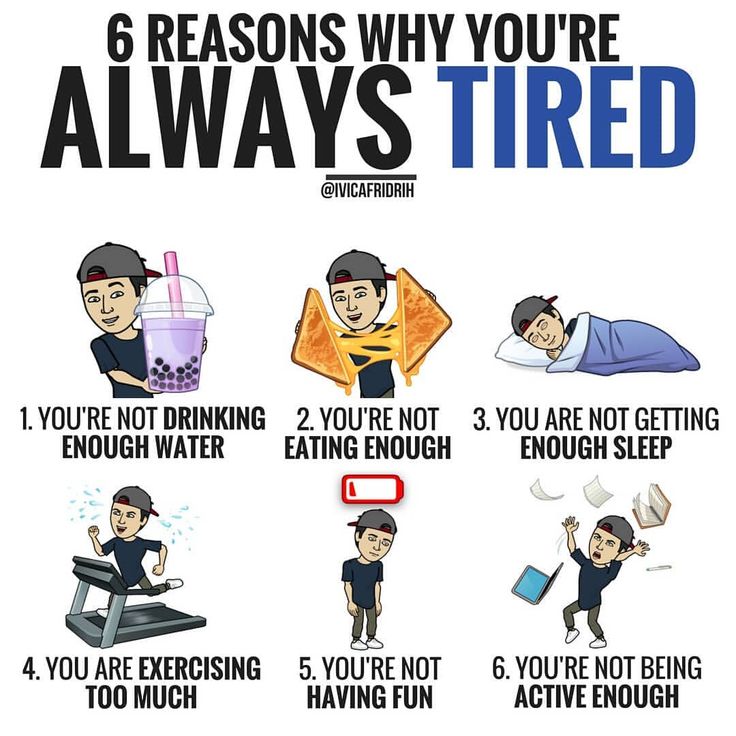
Everyone knows the feeling of tiredness and lack of energy, especially during periods of bad weather or outbreaks of viral infections. Normally, this problem is solved with the help of proper rest and sleep. But when such a state drags on and significantly reduces the quality of life, this is a signal that the time has come to think about the state of health of the nervous system.
Fatigue is a functional state of the body with a significant decrease in energy, performance and motivation, which affects both the physical and mental well-being of a person. As a rule, constant fatigue is a symptom, not a separate condition. In most cases, it is caused by a combination of lifestyle, health characteristics and social problems.
Constant feeling of fatigue can cause a variety of physical, mental and emotional symptoms:
Symptoms tend to get worse after exercise.
Clinically significant is the feeling of fatigue with accompanying signs for two or more weeks.
Certain symptoms may predominate depending on the type of fatigue. There are two of them:
Physical fatigue: Normally, muscle fatigue gradually accumulates during exercise and disappears after rest. Pathological cases are associated with lack or lack of sleep and health problems. It becomes difficult for a person to perform ordinary physical actions that he easily coped with before. For example, a patient who used to go to the gym regularly and with pleasure, completely quits training due to lack of strength. The problem can also affect completely routine matters: climbing the stairs to the second floor, walking to the nearest store. Muscle weakness will be a mandatory symptom.
Mental fatigue: it is difficult for the patient to maintain not only physical, but also mental activity. Memory, concentration, learning ability are impaired.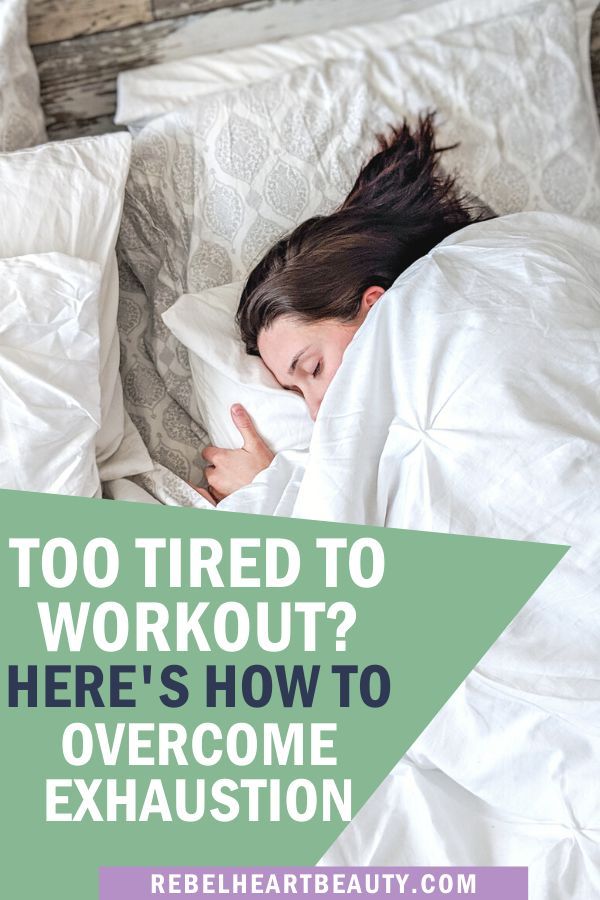 Eternal fatigue and drowsiness do not allow even light mental work to be done. This condition affects the reaction and attention of the driver. According to statistics, sleepy people at the wheel get into car accidents three times more often than others. This is comparable to the risks that are associated with the state of intoxication.
Eternal fatigue and drowsiness do not allow even light mental work to be done. This condition affects the reaction and attention of the driver. According to statistics, sleepy people at the wheel get into car accidents three times more often than others. This is comparable to the risks that are associated with the state of intoxication.
It happens that a person sleeps enough every day, eats normally and leads an orderly life, but constant weakness and fatigue do not go away. Feeling exhausted can make it impossible to manage even the necessary daily activities. This means that the condition requires professional diagnosis and possibly treatment.
Fatigue can be conditionally divided into physiological (normal) and pathological.
With physiological fatigue of the body, the causes are usually the following:
Pathological causes of fatigue:
Separately, it is worth talking about such a reason as chronic fatigue syndrome (CFS, myalgic encephalomyelitis). This is no longer just a symptom, but a separate disease, which is characterized by a high degree of fatigue without a somatic disorder corresponding to the state. Such patients may wonder why they are tired and apathetic all the time, almost constantly, since they are hypersensitive to even light exertion.
This is no longer just a symptom, but a separate disease, which is characterized by a high degree of fatigue without a somatic disorder corresponding to the state. Such patients may wonder why they are tired and apathetic all the time, almost constantly, since they are hypersensitive to even light exertion.
Patients with chronic fatigue syndrome are able to conduct some kind of relatively productive activity for only a few hours a day, or even less. It's not about hard work, creative projects, or intense workouts - such people are exhausted even by talking about abstract topics or going to the nearest store. They have to spend most of their time trying to rest and recover.
For persistent weakness and fatigue, the causes in this case include viral infections, primarily the Epstein-Barr virus, and problems with the immune system. The etiology of this disease is still being studied. Risk factors are age over 40, female gender, and stress.
The main symptom of CFS is severe fatigue that lasts at least six months and is not relieved by rest.Post-exercise weakness is characteristic, which persists for at least 24 hours.
Constant companions of chronic fatigue syndrome are various sleep disorders, cognitive disorders, muscle and joint pain, orthostatic hypotension, painful lymph nodes and frequent colds. With constant fatigue, the reasons for the decline in the quality of life lie not only in poor health, but in the fact that it becomes almost impossible to lead a full-fledged lifestyle: there is no strength for previous hobbies and even work, self-development and learning new things stop. It becomes difficult to maintain daily contact with people up to social isolation.
Symptoms of the disorder may wax and wane, which can create a false sense of well-being. But, unfortunately, in the pathological state of severe fatigue, the causes are rarely eliminated without specialized treatment. Therefore, despite temporary remissions, the old problems return with a vengeance.
It is always important to understand why you feel tired.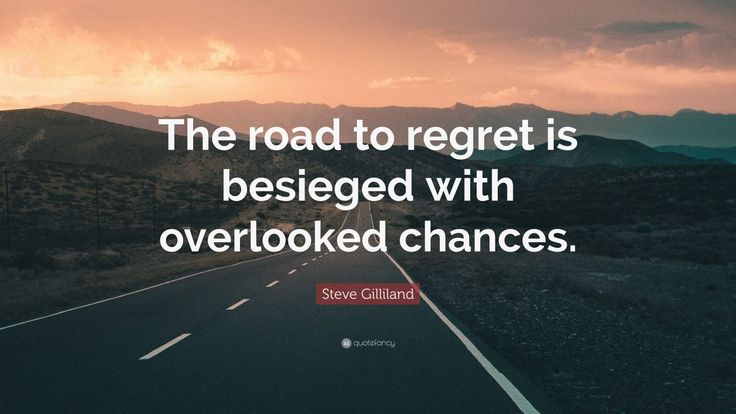 If the condition lasts for a considerable time and it’s not just a too busy day, then you need to consult a specialist, because this not only interferes with life, but can also be a symptom of a serious mental or somatic disorder.
If the condition lasts for a considerable time and it’s not just a too busy day, then you need to consult a specialist, because this not only interferes with life, but can also be a symptom of a serious mental or somatic disorder.
If you are sure that your condition is caused by a natural cause and is a normal reaction of the body, then you should give yourself a rest. In cases where the cause is unknown or pathological, only a specialist can tell you what to do if you constantly feel tired.
Since fatigue is often associated with insomnia and disruption of the nervous system, it is necessary to consult a psychiatrist-psychotherapist and a neurologist. Depending on the situation, the help of a therapist, psychologist and other specialists may be needed.
There are no diagnostic tests that can pinpoint the exact reason why the patient constantly feels tired. This difficult-to-diagnose condition that can mimic other health problems requires ruling out a number of other disorders and identifying the underlying cause.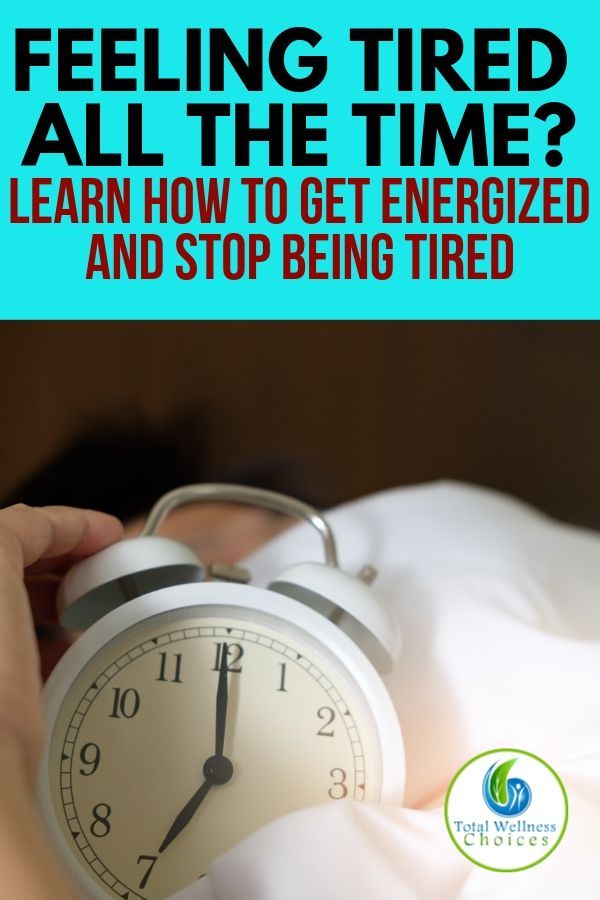
The elimination of this pathological condition requires special knowledge and experience from the specialist, since there is no standard treatment regimen. The use of one drug is not enough; correction of prescriptions in the course of therapy is often required. Therefore, with constant fatigue and weakness, only a highly qualified specialist can determine what to do to ensure that the result is as effective and lasting as possible.
This condition affects many organs and systems. With general fatigue of the body, what to do can be decided only after the examination. It may include laboratory testing, exercise tests, instrumental methods, and mandatory psychiatric diagnosis.
Treatment should primarily relieve symptoms. It may include:
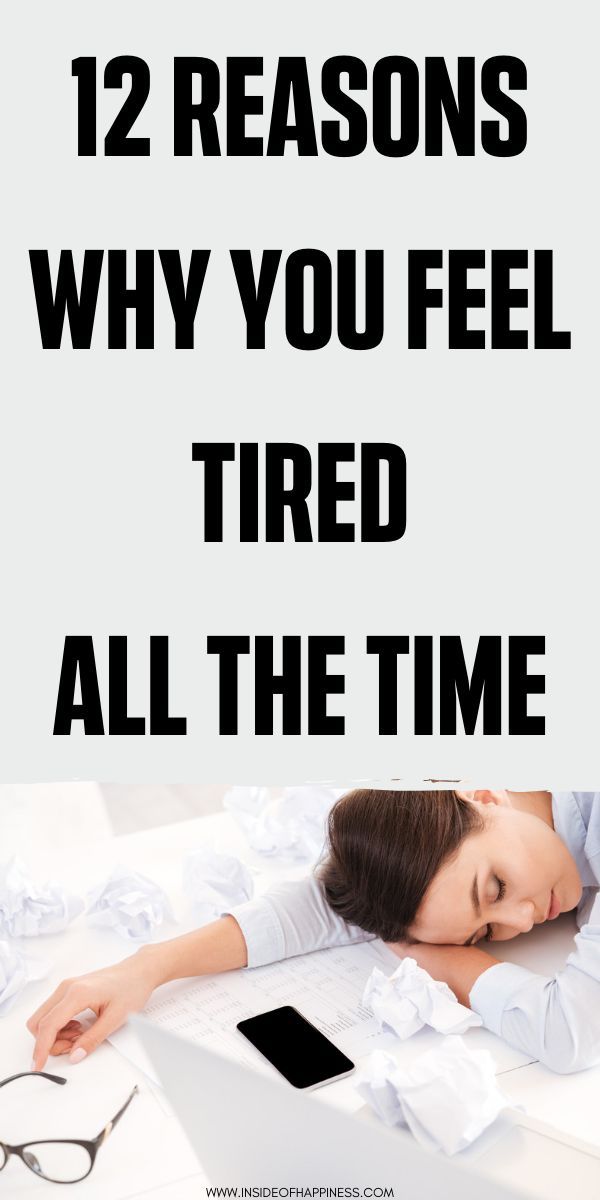 In this case, there is no universal drug - therapy is prescribed based on individual needs.
In this case, there is no universal drug - therapy is prescribed based on individual needs. If you caught yourself on such questions as “I am constantly tired, what should I do? Why can't I rest and pull myself together? How to stop this?” — don’t expect everything to go away by itself. Contact a competent specialist, because it is not known what is hidden behind these symptoms. Chronic fatigue develops differently for everyone: it happens that it is enough to normalize the lifestyle and eliminate beriberi, but sometimes complex complex therapy is required. Remember that fatigue quickly depletes the body, reduces immunity and prevents you from leading an active life.